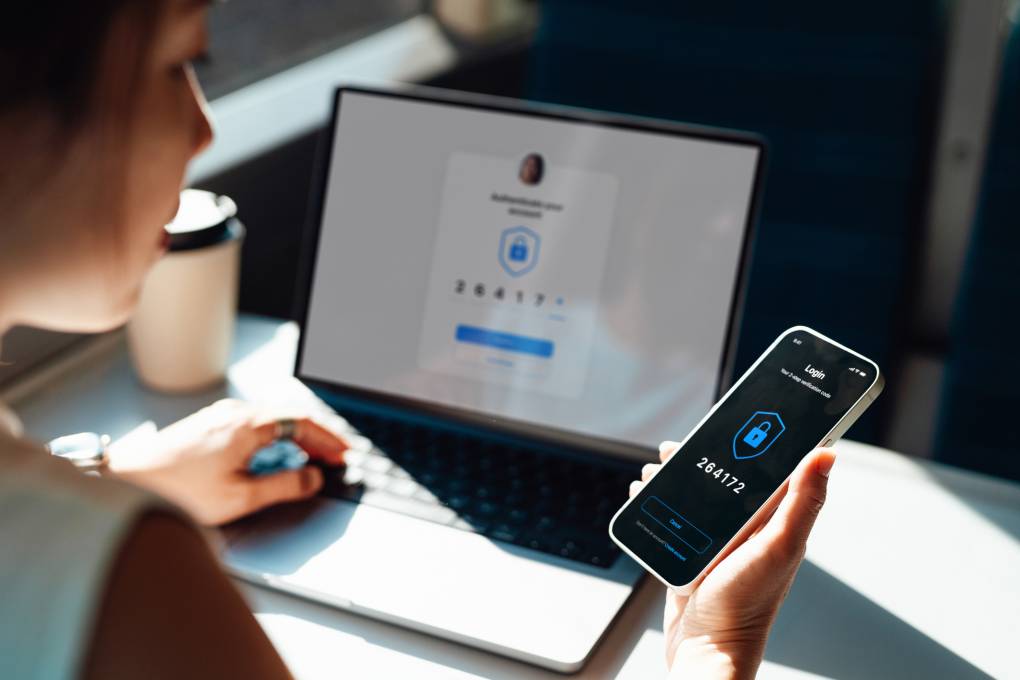Retired dentist Anu Minocha of Saratoga has three children: a 19-year-old at UCLA and a pair of 17-year-old twins in high school. Minocha says she wasn’t raised in a financially savvy or transparent way. So it’s been important to her and her husband to raise their children to be comfortable discussing money.
“Where are they going to learn that from if you don’t show it to them?” Minocha asked. Since the children were in middle school, the family has met weekly to go over everything. Said Minocha, “So [her teenagers] know our income. They know how much electricity, water, everything costs, mortgage, the insurance. The vacations, which they so enjoy: They know how much they cost!”
The 19-year-old has a Discover card. The twins have bank accounts. Minocha is aware that ransomeware attacks have spiked in the last year, but she said she’s not alarmed. “What do you do? I mean, that’s the world we live in, right? So you can’t hide under a blanket. I think you have to teach kids how to manage that world,” she said.
For Minocha, that means being on the alert to respond quickly to hacks — but she says she wasn’t thinking about freezing their credit before speaking with KQED.
Then, we talked for this story. Minocha wrote back to say, “Thank you! As a followup, I froze all my girls’ credit with two of the agencies. Working on the third. Froze mine, too. Am in process of freezing my parents. It’s a real pain, as each one has a different process, needing copies of social security cards, birth certificates, drivers licenses, utility bills, but that’s the world we live in. Gotta do what you gotta do.”
How to freeze your child’s credit online
Freezing a child’s credit can be time-consuming, and it requires completing the process with all three major credit-monitoring services: Experian, Equifax and TransUnion.
“There is another layer of complexity,” said Velasquez. “You not only have to have their foundational identity documents available and ready, you also have to demonstrate that you have the legal authority to act on behalf of that child.”
You also have to snail mail your request. Below is an example from Equifax of what you need. However, each agency has slightly different requirements:
To prove your identity, please provide copies of one of the following pieces of identification:
- A copy of your driver’s license or other government-issued identification
- A copy of your Social Security card
- A copy of your birth certificate
To prove you are the child’s parent or authorized representative, please provide copies of one of the following pieces of documentation:
- A copy of the child’s birth certificate
- A copy of a court order
- A copy of a lawfully executed and valid power of attorney
- A copy of a foster care certification
To validate the child’s identity, please provide copies of both of the following:
- A copy of the child’s Social Security card
- A copy of the child’s birth certificate
Once you’ve established a security freeze, it remains in place until the child decides otherwise, by phone or by mail. They won’t be able to set up an online account until they hit 18.
Here’s an additional thought: Consider freezing the credit of vulnerable older family members, too.




